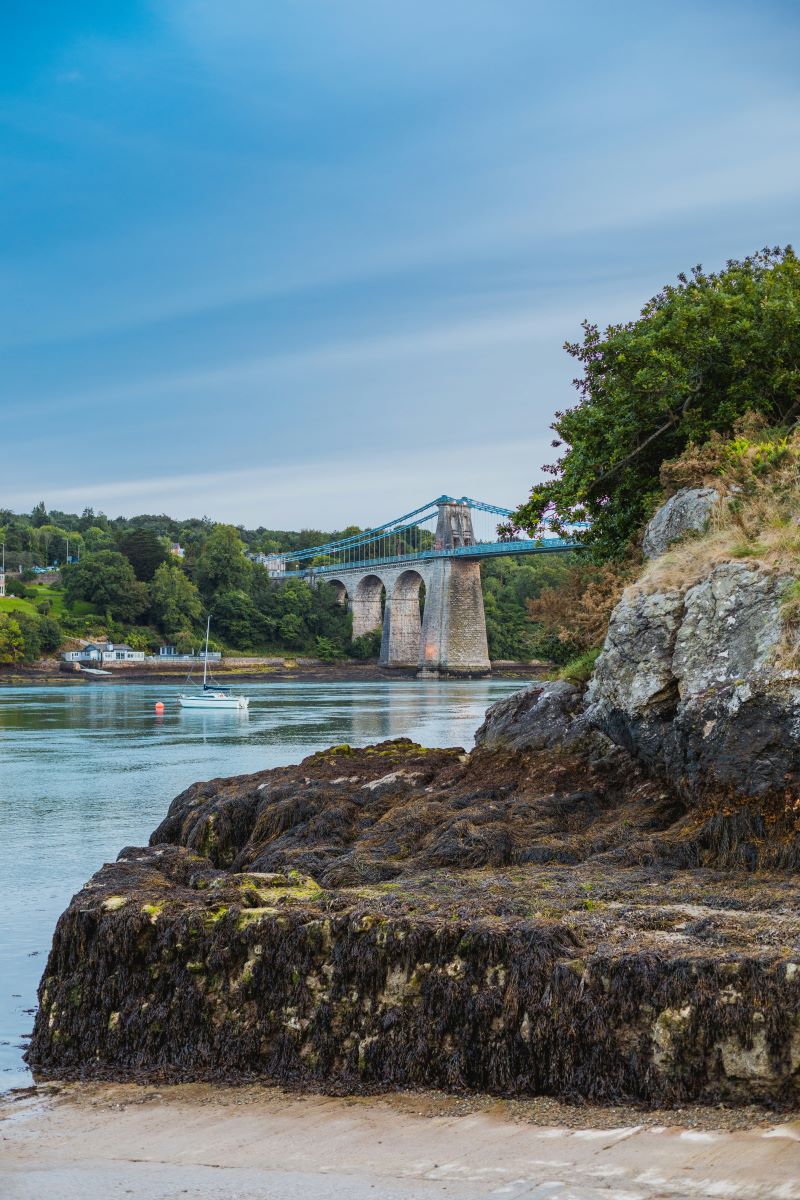Public Map Platform: Charting the green transition on the Isle of Anglesey/Ynys Môn
New research
We are excited to be involved in a truly innovative research project, which aims to measure and communicate the knowledge and impacts of climate change on local communities on the Isle of Anglesey/Ynys Môn.
We’re joining a team of investigators from a wide range of organisations, led by Cambridge University in collaboration with Cardiff University and Wrexham University. Together, the team will create a model for gathering and sharing localised data that can be used to inform and influence local government policy.
Awarded one of four £4.6 million Green Transition Ecosystem grants by the Arts and Humanities Research Council (AHRC), the project will work with a range of groups on the island to investigate children and young people’s views on climate change and how it has affected, and could potentially affect, where they live and how they could adapt to it.
This data will then be digitised and developed into an interactive online map which could provide a framework for how to collect, organise, present and use data about local economic and social contexts, communities and geographies to support policy development around Wales and beyond.
Why the Isle of Anglesey/Ynys Môn?
The Isle of Anglesey/Ynys Môn has been chosen as the case study for this project largely because it is a discrete geographical place that is rural and disconnected, and has a local authority that has high ambitions to reinvent itself as a centre of sustainable innovation.
The Welsh context allows us to measure the project against the outcomes for the devolved nation’s Future Generations Act, and the bilingual context of Anglesey provides a particular opportunity to explore UK-wide issues around multilingual engagement, inclusion and culture. It is hoped that the work with the local authority will provide a template for others in Wales and around the rest of the UK.
The aims of the project
- To involve children and young people in decision making about their places
- To support the development of a planning system based on maps and data that are made with communities, so decisions are made on evidence
- To develop trustworthy and intelligible social, environmental, cultural and economic maps that reveal inequality and chart progress towards more sustainable and resilient places
- To support local authorities in moving towards a digital data map based planning system
- To radically improve the way community consultation on planning is done across the UK
Our role
The team at the Quality of Life Foundation will be using our expertise in community engagement to provide quality assurance of the engagement programme, testing it against the Quality of Life Code of Practice. And we’ll develop best practice guidance for engaging young people on issues relating to planning and development. We are also convening a UK-wide advisory group to interrogate the project and to support the development of an approach to mapping social impact that can be applied to the rest of the UK.
